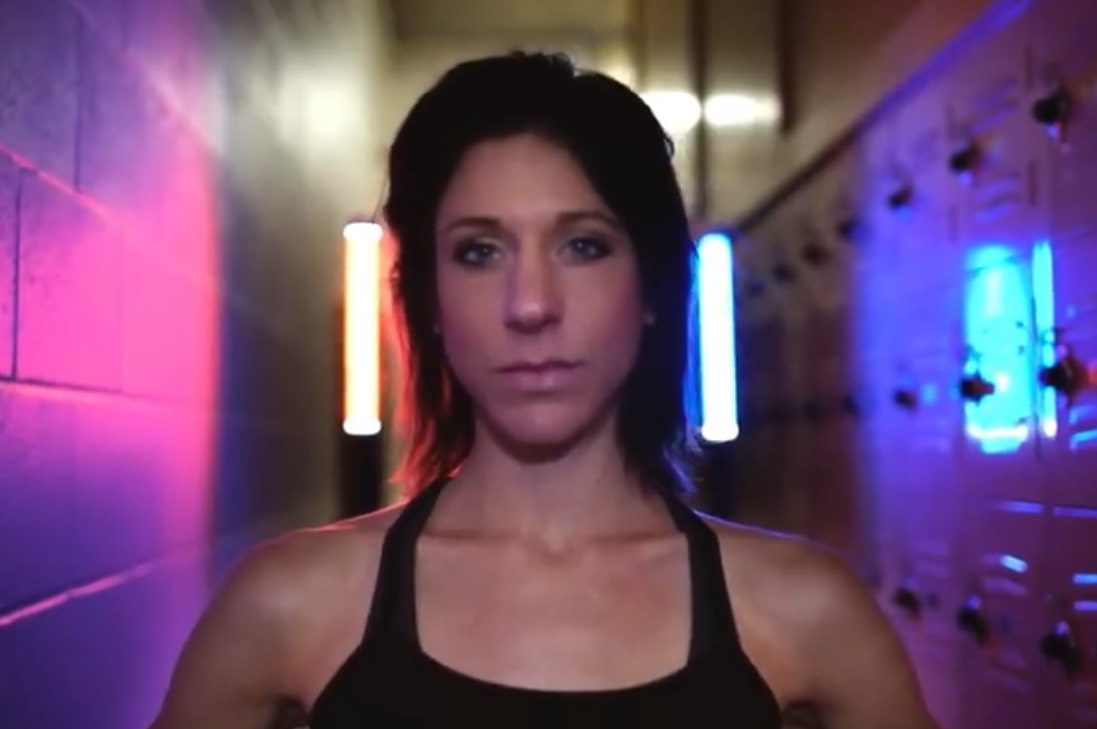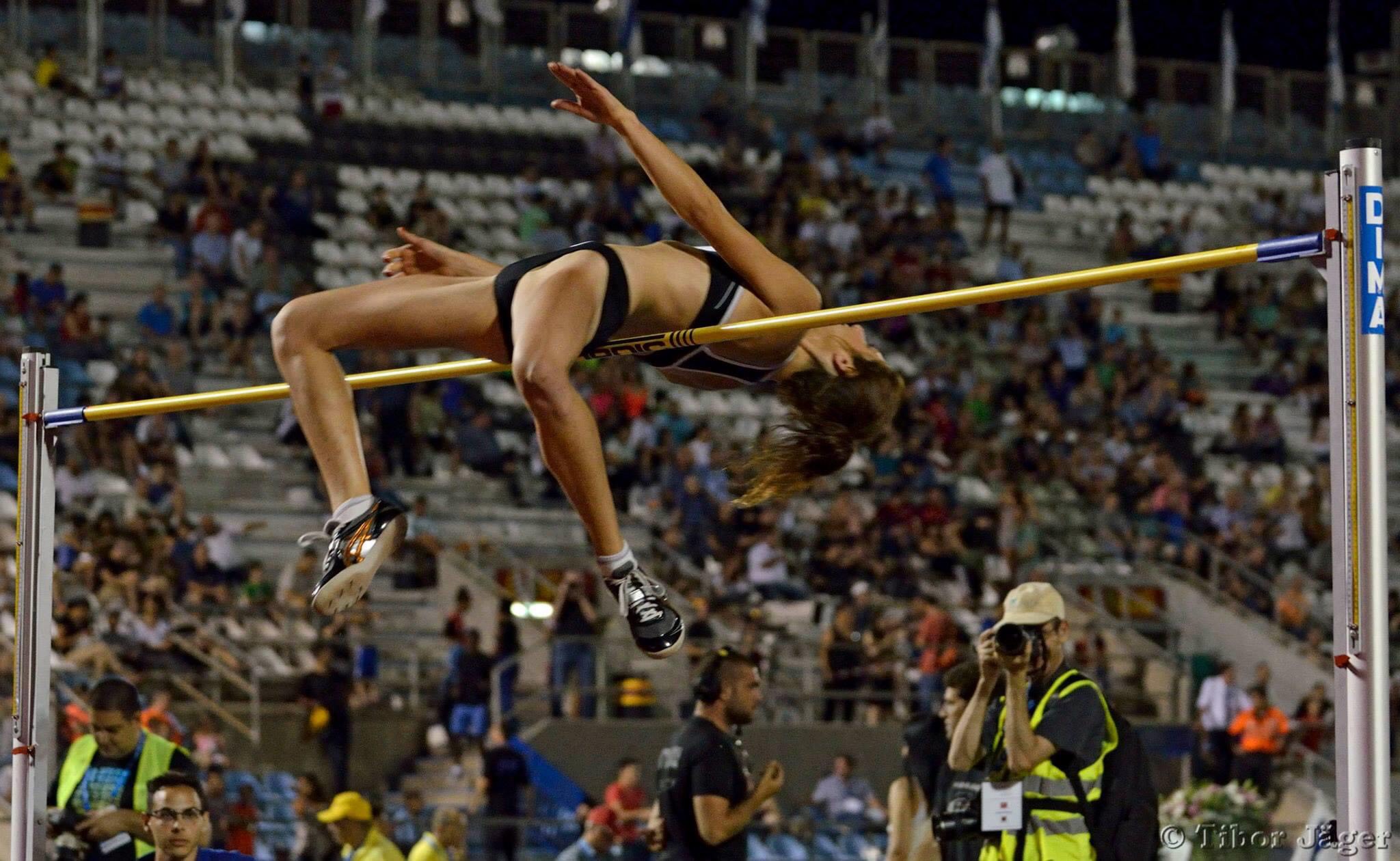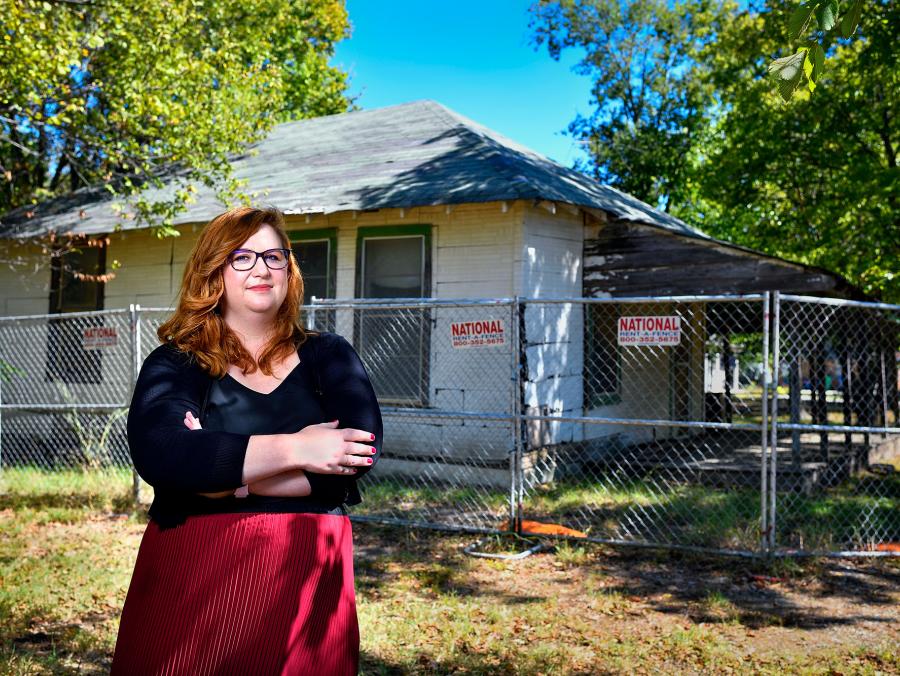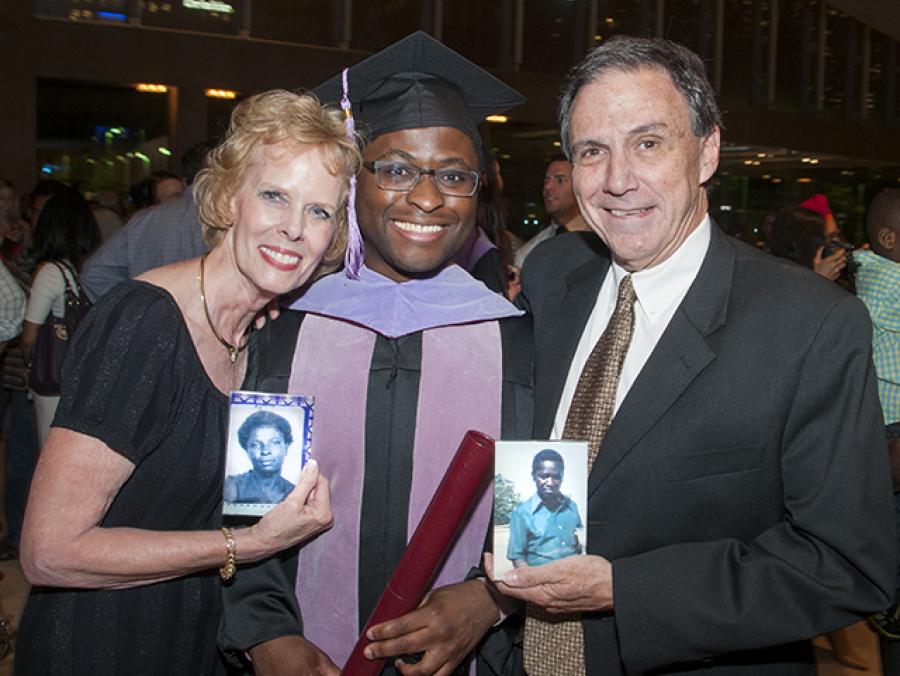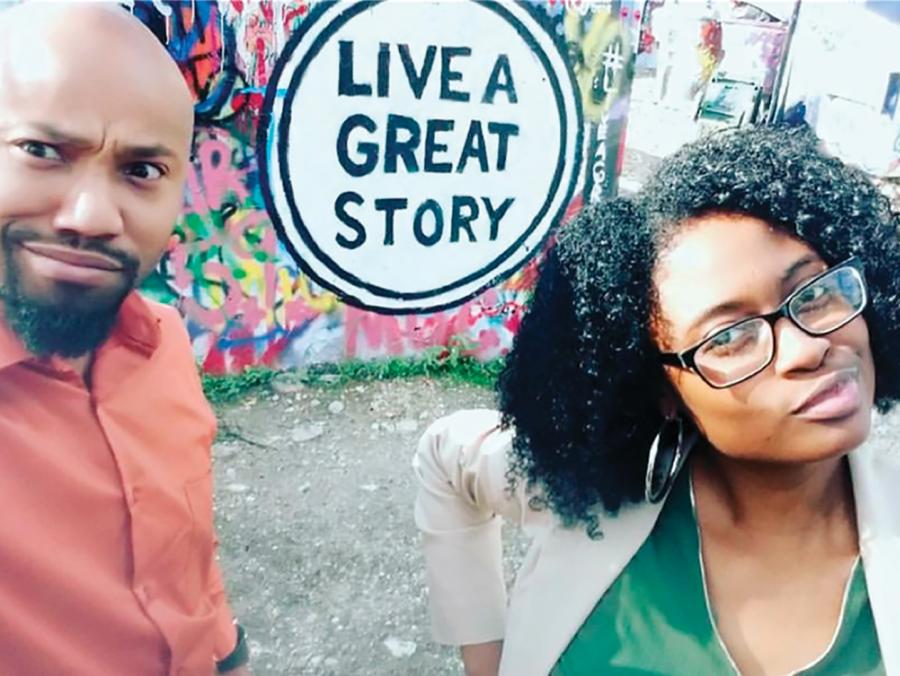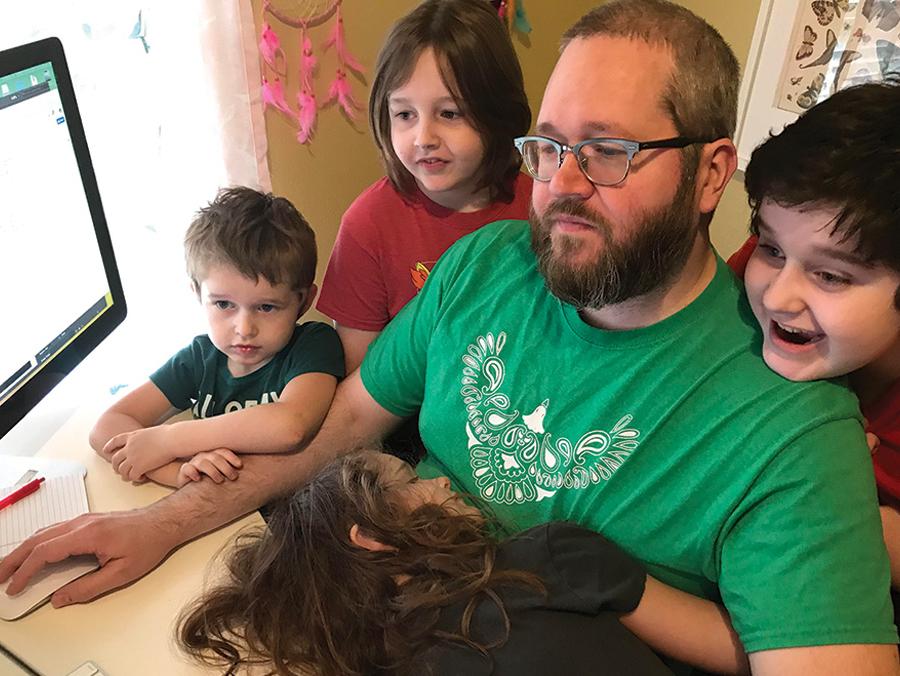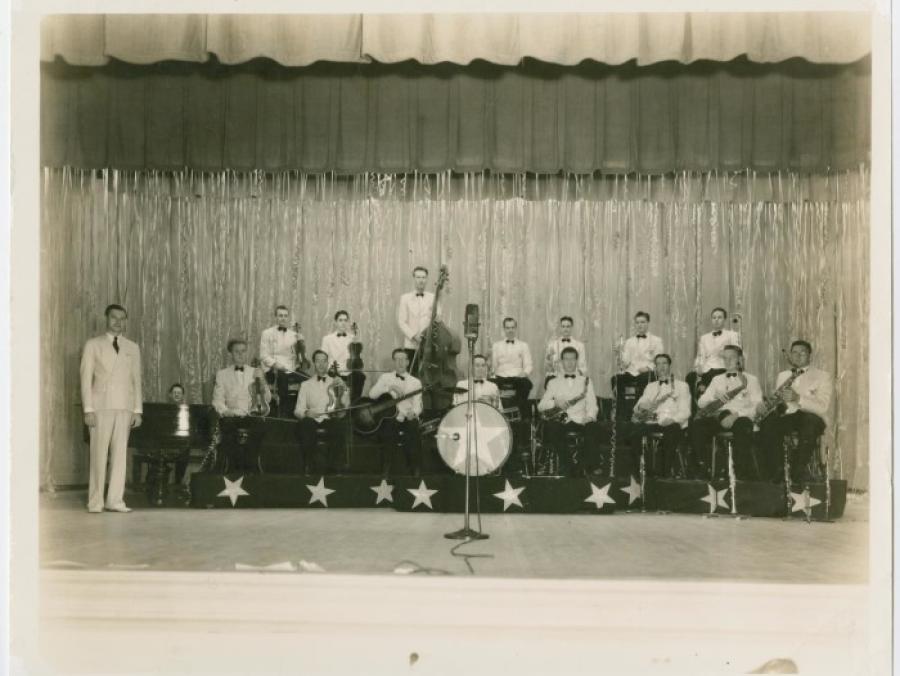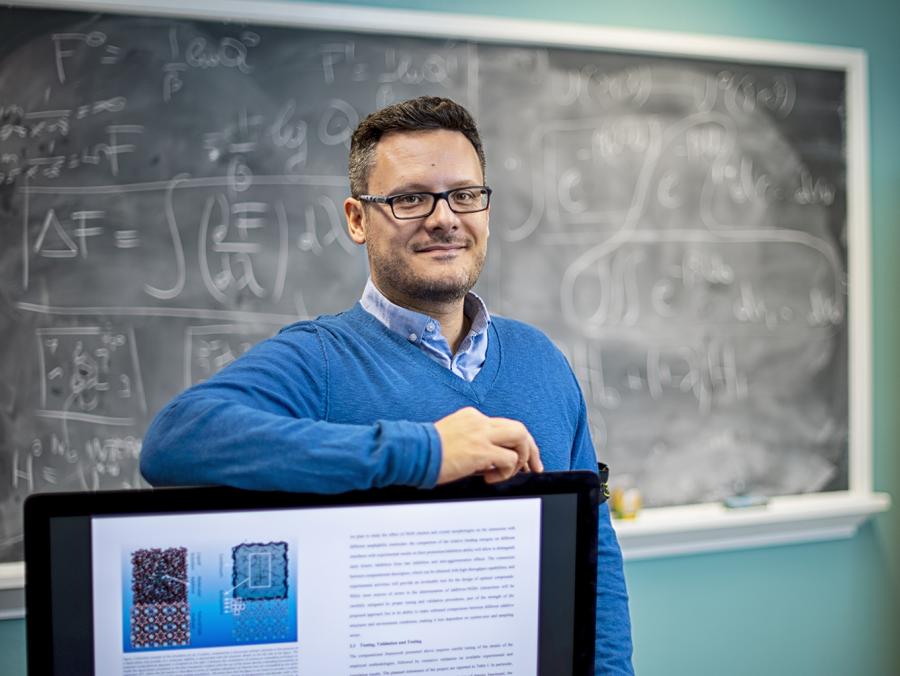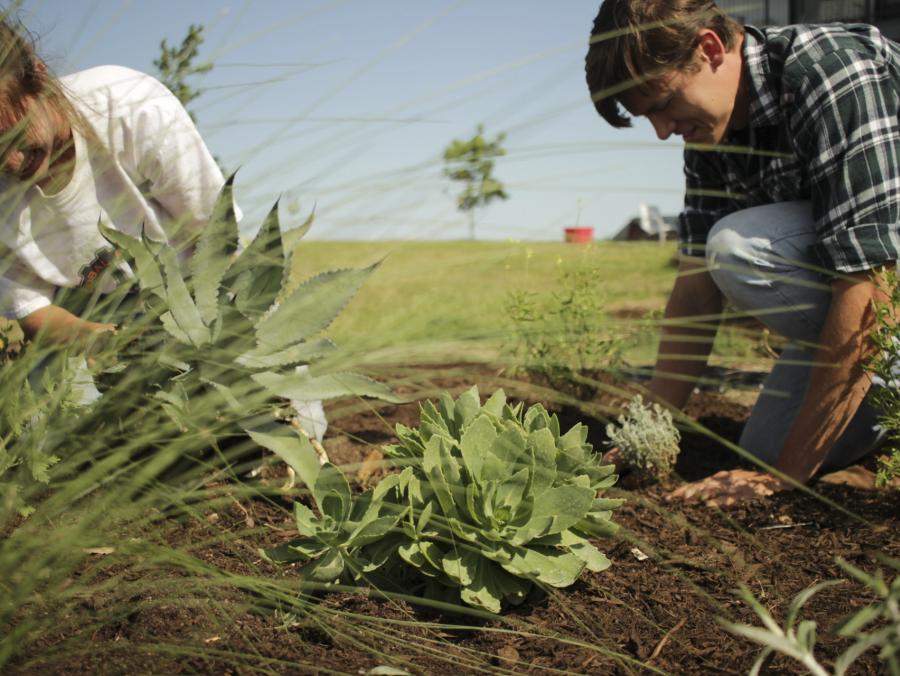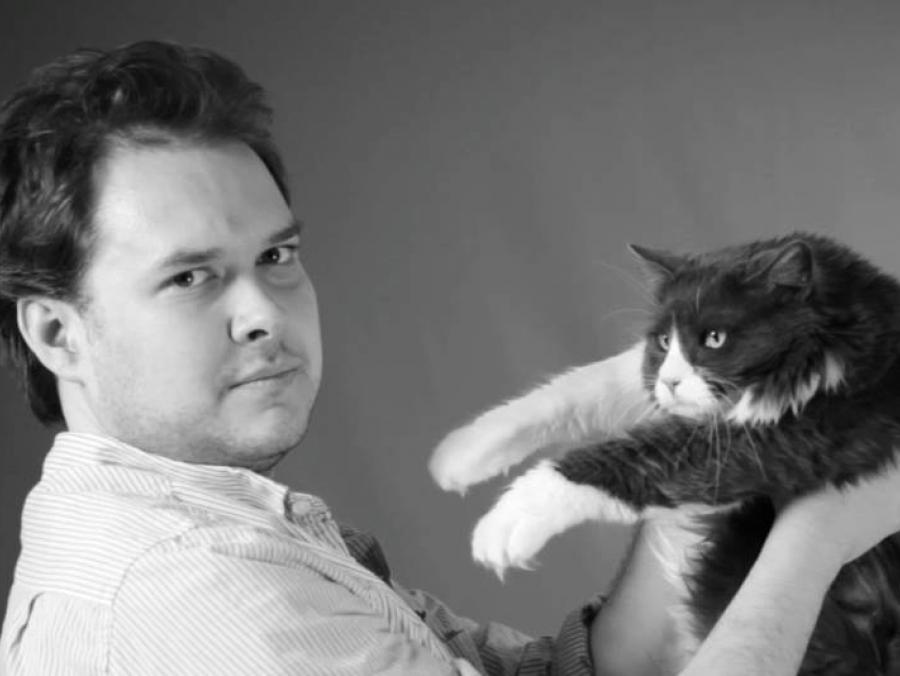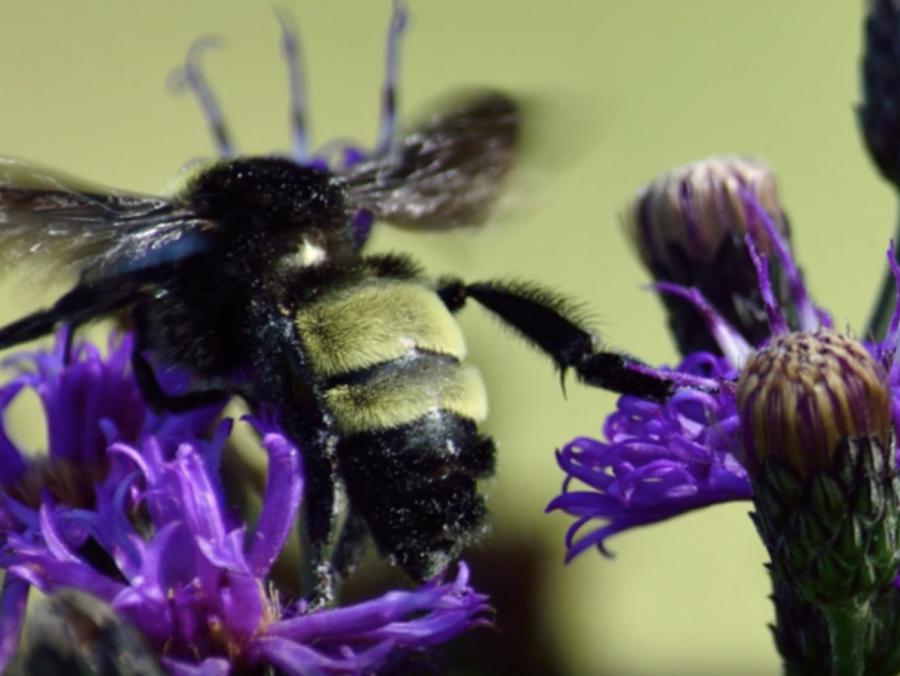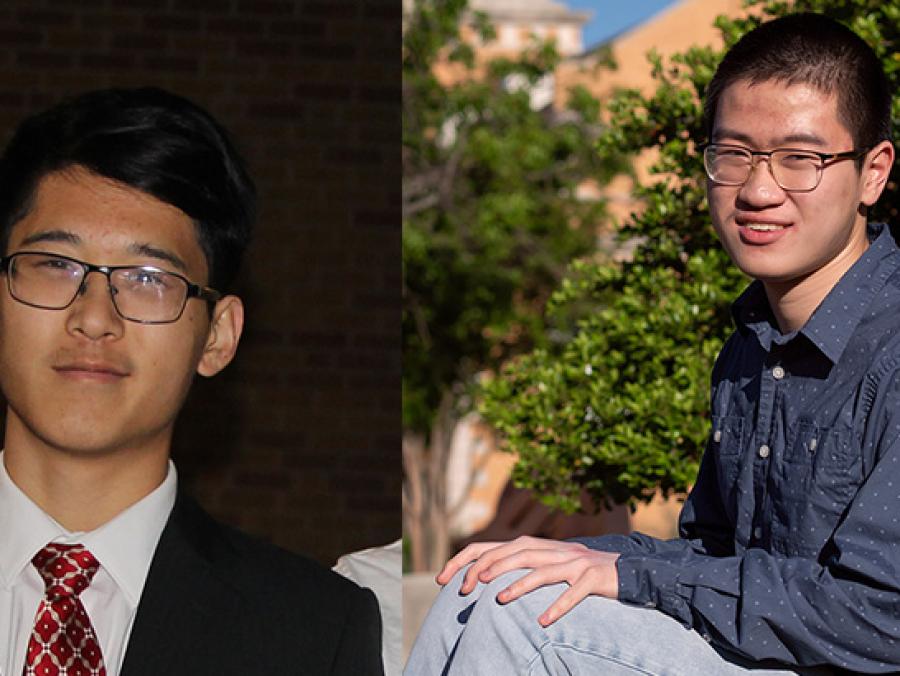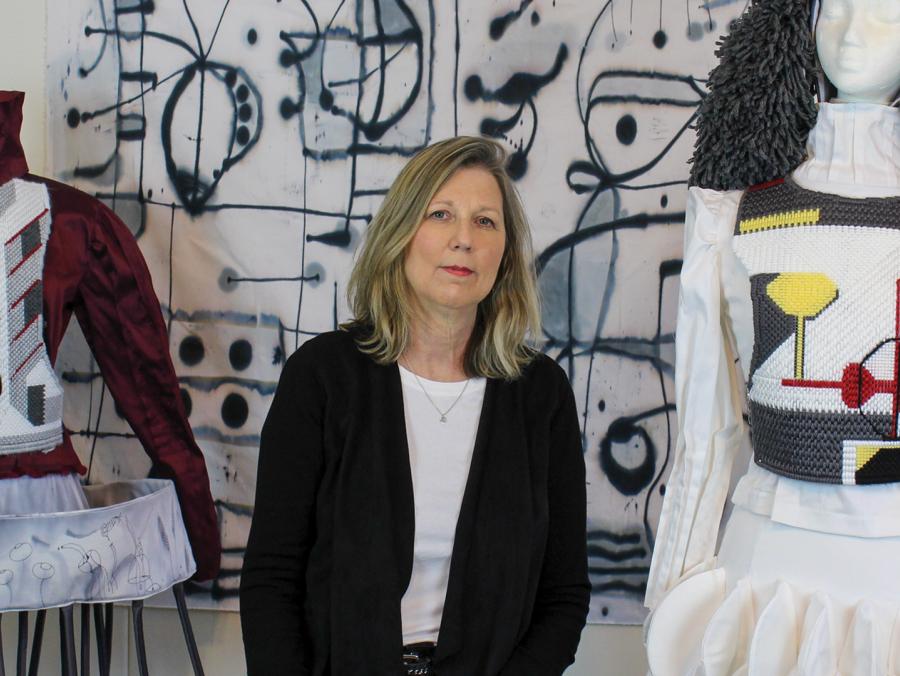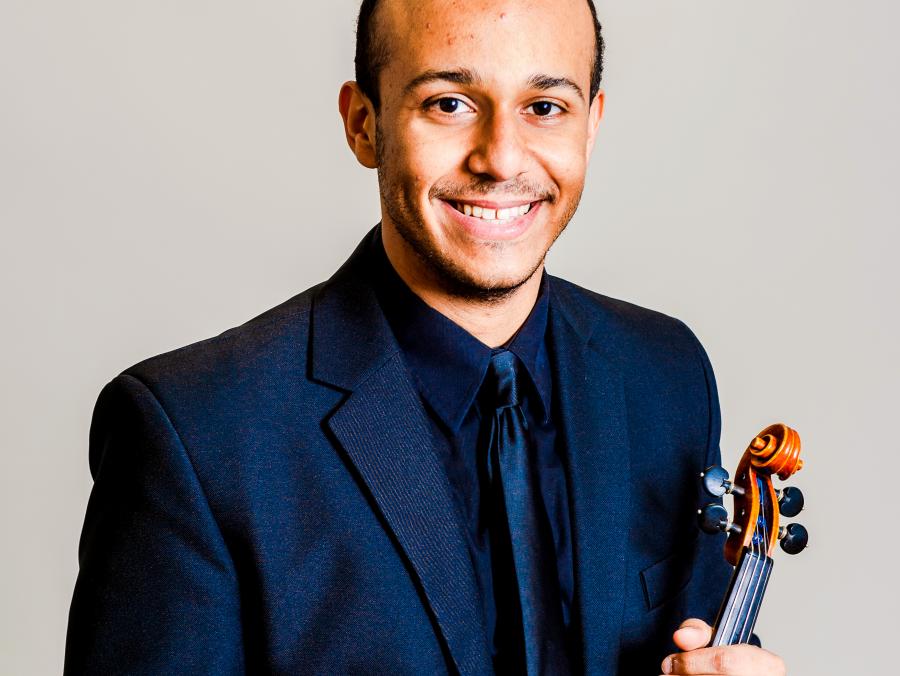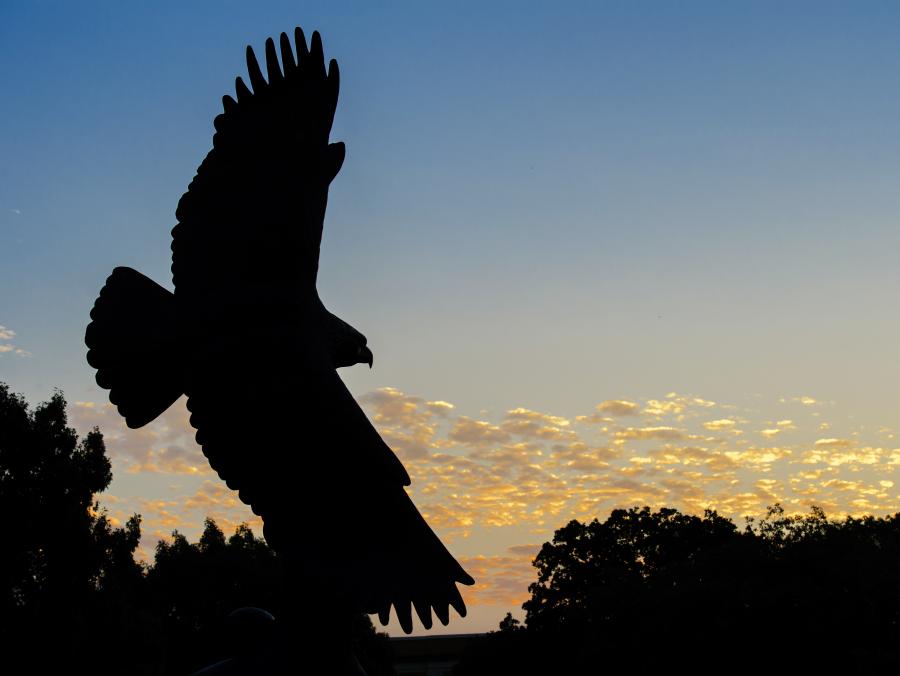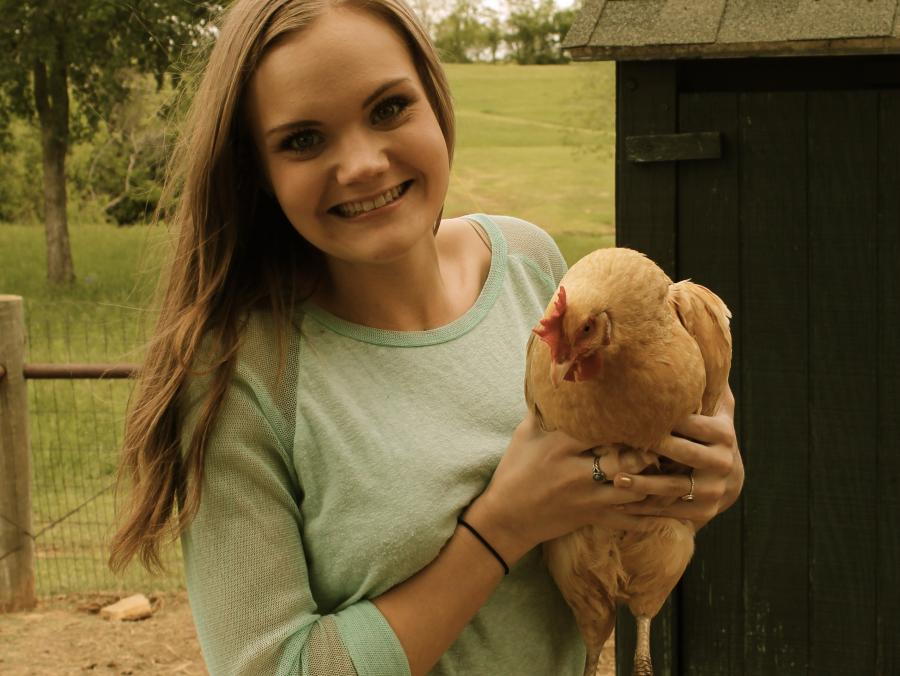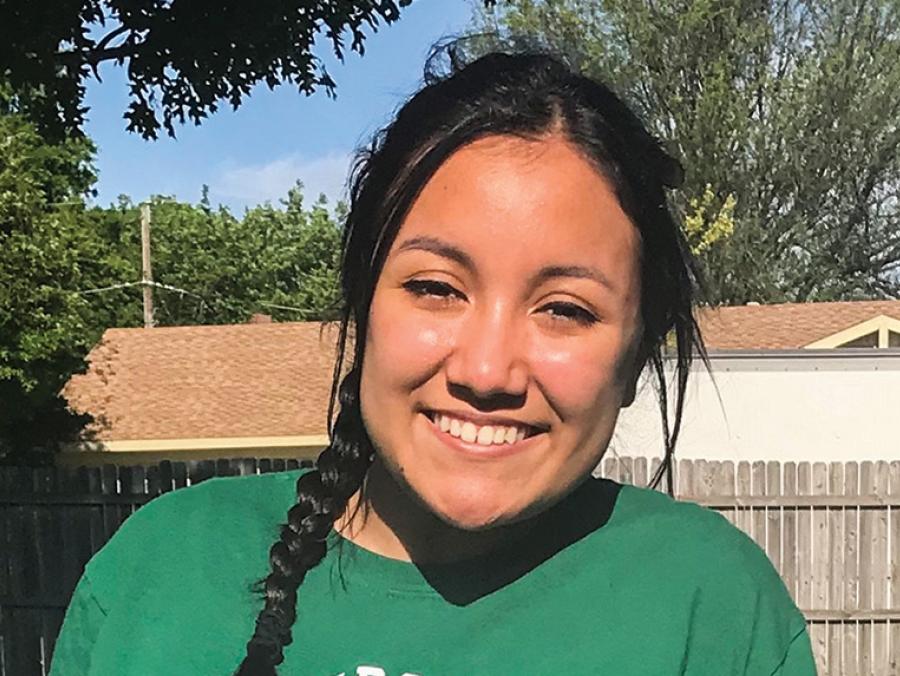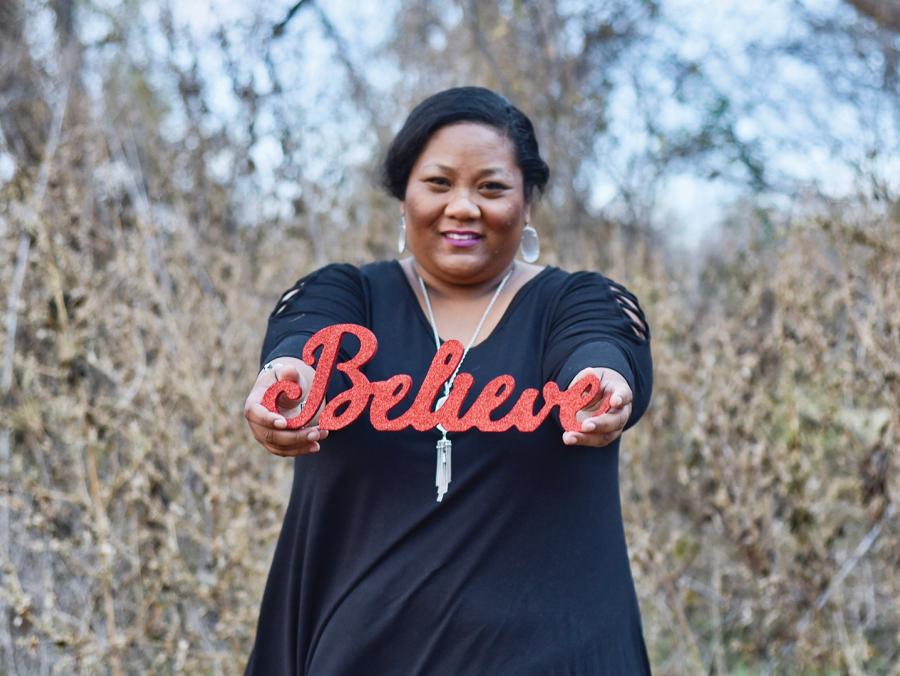hahaf Bareni (’15, ’17 M.S.) first discovered her love of high jump as a 13-year-old living in the Golan Heights region of Israel. It was the kind of love that required an inordinate amount of dedication, particularly for an athlete in her early teens — each day, she traveled to Jerusalem to train, completing her homework on the three-hour bus ride there and back.
Then, at 18, she was drafted into the military. During her two years as part of the Israel Defense Forces, Bareni continued to train, spending three hours practicing high jump each day before returning to the base. As her service drew to a close, she sent emails to American universities, detailing her athletic successes: the 2004 and 2005 Israeli champion for ages 13-15 in the high jump, the champion for youth and cadets from 2007 to 2009, a third-place medalist at the Israel Championship in 2010.
By early 2011, she heard back from UNT with an offer of a full-ride track scholarship. In less than 48 hours, she secured a passport and visa, packed her bags and flew to DFW, where she knew no one and had no clue what to expect.
“It was definitely a culture shock,” says Bareni, who twice was a member of UNT’s Sun Belt Conference Outdoor Championship team, set the UNT high jump record with 1.83 meters at the 2012-13 NCAA Championship, and placed first her senior year at the C-USA Indoor Championship. “Even though I was already 21, I was very much a freshman. But getting to compete every weekend — there was nothing like it.”
And maybe that’s why, even in the midst of a pandemic that has placed her dream of qualifying for the Israeli Olympic high jump team on hold, she’s able to see a silver lining. For the past 17 years, there’s always been a seemingly insurmountable obstacle standing in the way of her athletic aspirations, from miles to the military to missing home.
But Bareni always conquered them.
“What’s always pushed me forward is the belief that if you work hard — if you really want something — you can make it come true,” she says. “Can I win first place? Can I break this record? The challenge is what keeps me going.”
Bareni, who earned a bachelor’s degree in kinesiology and a master’s degree in recreation, event and sport management from UNT, treats training for the Olympic qualifying as her full-time job. Until recently, she performed strength and conditioning training Sundays through Thursdays in Dallas, and spent Fridays and Saturdays in Houston training with Drew Fucci, a track coach from Rice University. When the COVID-19 outbreak first hit, Bareni found a few open tracks where she could train, but by early April, most outdoor venues were closed.
“I look for massive hills to run on, or for large garages in apartment buildings where I can sprint,” she says. “I’m trying to be creative, but it’s definitely different than my normal routine.”
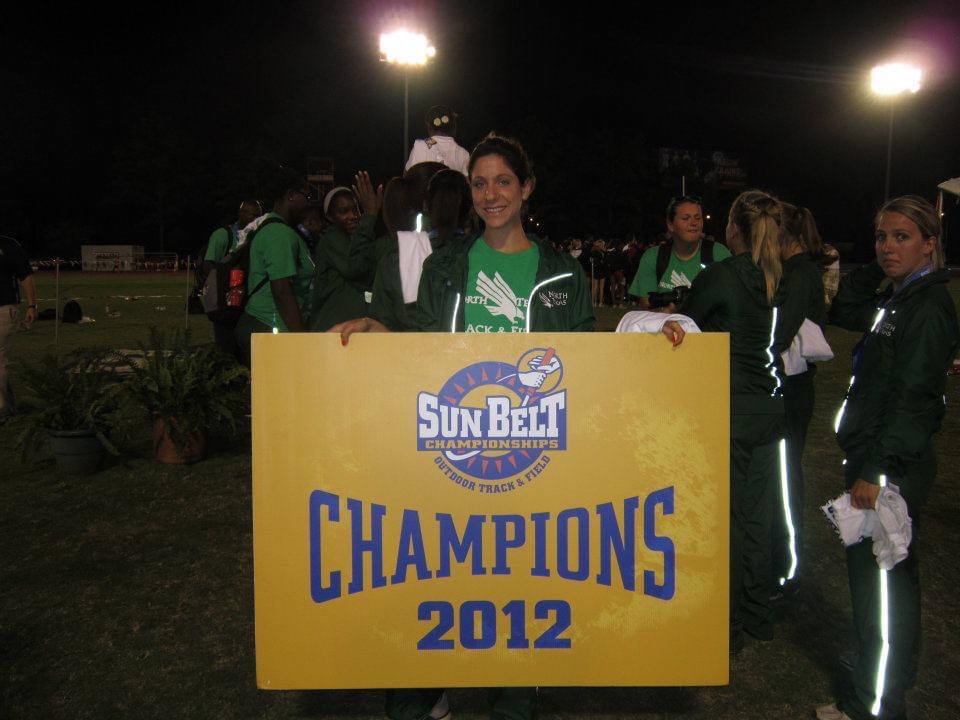
Still, she says, even the little things count.
“A young tennis player the other day told me, ‘I don’t have a court to play on, I don’t have a coach.’ And I said, bare minimum, just go out there and jog or do drills — you have to move, to connect to your body,” Bareni says. “If you sit at home and do nothing, when you start training again, you approach it with this negativity of ‘I’m so out of shape, I’m so behind.’ You can avoid that by being productive every single day. It’s that mental aspect that helps in this time where everything is dark and scary and stressful. Don’t give up — it’s not all or nothing.”
And that’s the mantra she’s choosing to live by, especially as the summer Olympics have been postponed until next year. For qualifying, she’s neck-and-neck with two other high jumpers, and she knows there’s no guarantee she’ll make it. But she’s taking the extra time to train as a positive — and after 17 years of high jumping, her body is ready, she says. Now, it’s the mental game that matters most.
“You know, I wish I already had the golden ticket,” Bareni says. “But I’m working toward it. It’s like anything in life — you have bumps during your journey. And I’ve had many, but I’ve always had people to help me and doors have always opened up. I always ask myself, ‘How hard do you want this? Are you willing to give up because something is blocking your route?’ Find another way. That’s the journey of my life. You have to make it happen. Believe in yourself and stick to the plan.”



